Imagine being transported back through time, uncovering remnants of ancient civilizations and uncovering secrets about our ancestors’ past lives. Archaeology – the study of human history through excavation and analysis – has always held great fascination for both scholars and enthusiasts alike. Have you ever given much thought to how archaeological discoveries impact culture and society today? From altering our understanding of ancient civilizations to changing narratives, archaeological findings continue to shape who we are as individuals and collective identities alike. In this blog post, we delve deep into archaeology to see how its discoveries continue to leave an imprinted mark on how we perceive ourselves and those who came before.
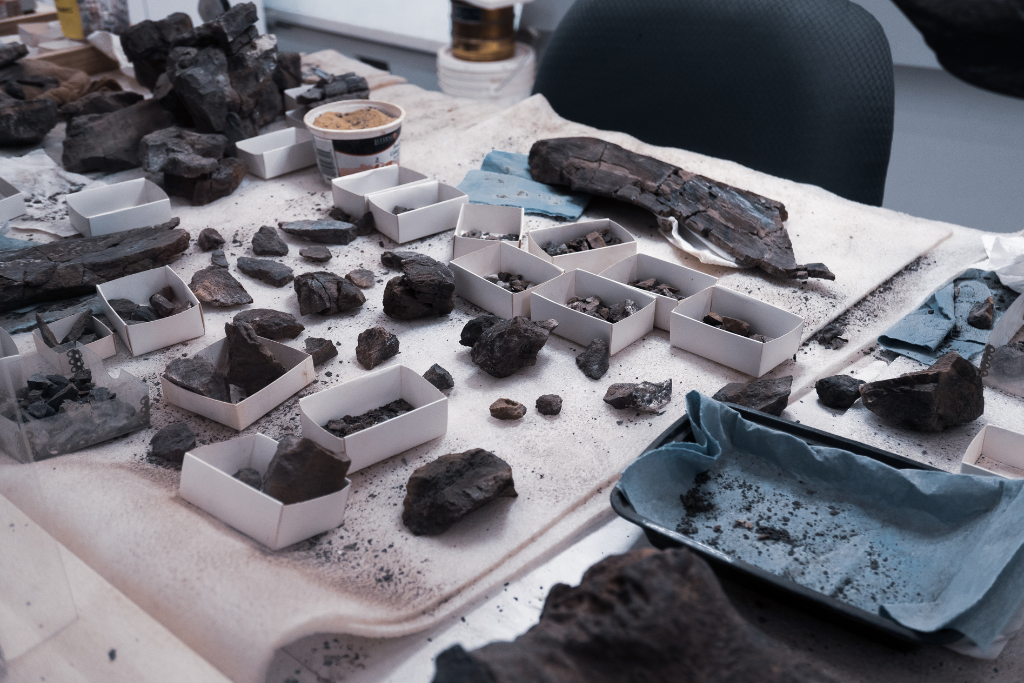
Archaeology 101
Archaeology is the study of human activity from the past through an analysis of material culture. This field can help date sites and artifacts, gain insight into people’s interactions with their environments, and reconstruct past lifeways.
Archaeological discoveries can have a transformative impact on how we understand history and culture. Archaeological finds can shed new light on long-held questions or raise new ones altogether; challenge our assumptions about past events; and force us to reconsider what we thought we knew; Ultimately they have the ability to alter how we see the world altogether.
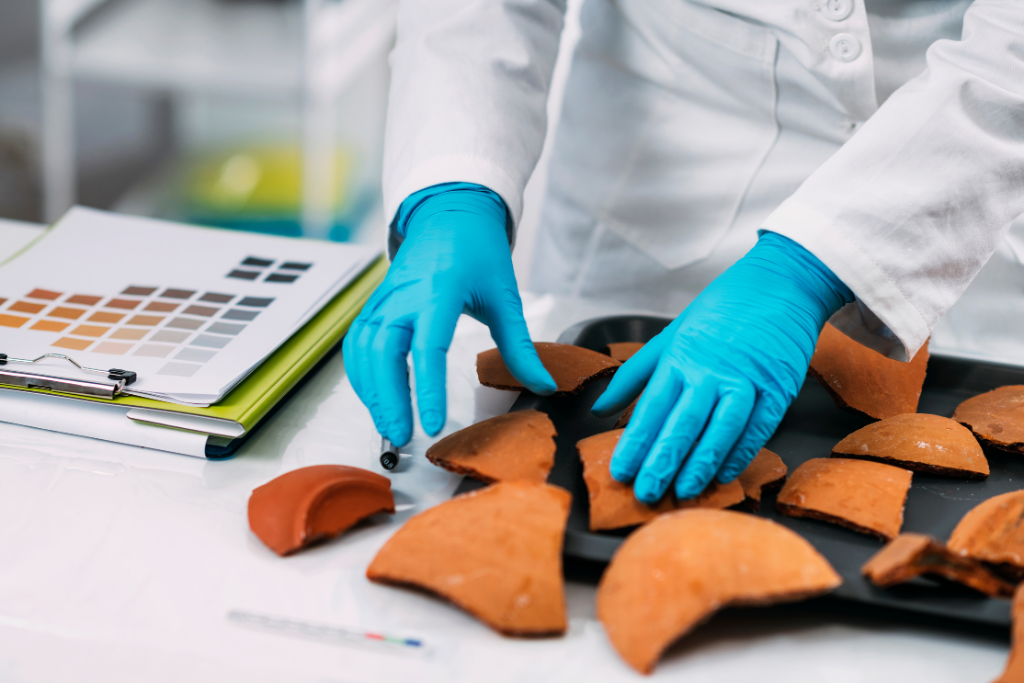
Recent discoveries such as Homo naledi or the “Lost City”, have generated much excitement (and controversy) among archaeological communities worldwide. Such findings could rewrite entire chapters of history; we can only anticipate what other surprises the future has in store.
Why Archaeology Is So Essential
Archaeology is the scientific study of material culture and human activity from the past. Archaeology can reveal much about people who lived long ago, how they interacted with their environment, organized societies, or changed over time in any region or area.
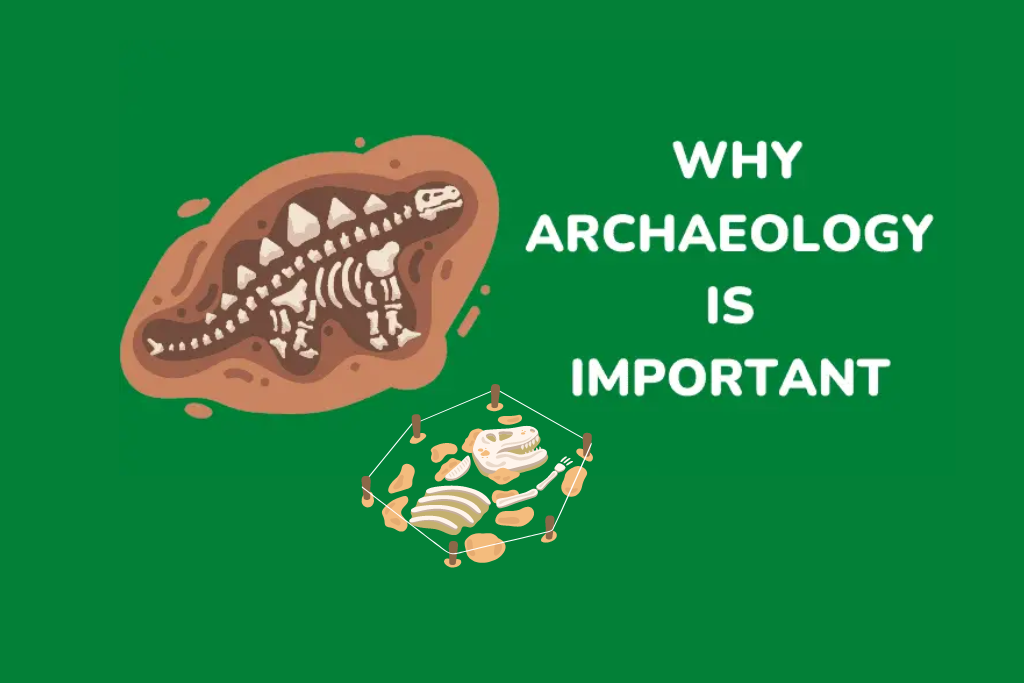
Archaeological research can be an invaluable way to gain a better understanding of both present and past events while helping preserve cultural heritage sites and important historical landmarks. Archaeology often serves as our only means of discovering certain aspects of history; since there are few written records from early cultures, archaeology provides key insights.
Archaeology can also serve practical functions. It can help us locate natural resources like water and minerals, plan infrastructure development projects, and resolve land disputes or determine liability in court cases involving damages claims. Archaeological data can also be utilized as evidence in court proceedings to prove or disprove claims for compensation.
Archaeological Discoveries Types
Archaeological discoveries can have an enormous impact on culture and society, from simple artifacts like coins to important finds like fossils. Some of the more frequently seen finds include:
1) Ancient Artifacts: Artifacts from our ancestors can offer invaluable insight into their way of living and their beliefs. From tools and weapons, pottery, and jewelry – to other relics like fossils.
2) Ruins: Exploring ancient civilization relics can give us a deeper understanding of their cultures, religions, and social structures.
3) Burial Sites: Examining human remains can teach us invaluable lessons about health, diet, and even DNA.
4) Ecofacts: Ecofacts can include anything from plant remains to animal bones. By studying ecofacts, we can gain an understanding of how people lived their lives within nature as well as any hunting or gathering practices they used during that period.
Effect on Sociological and Cultural Understanding
Archaeology has played an instrumental role in our understanding of social and cultural heritage. Thanks to archaeology, we’ve been able to excavate ancient sites, artifacts, and remains that provide a window into life during earlier eras and help us gain greater insights into those who lived then.
Recent archaeological discoveries have had a dramatic effect on our understanding of social and cultural history. They’ve shed new light on how people lived in the past, their beliefs, and what was most significant for them.
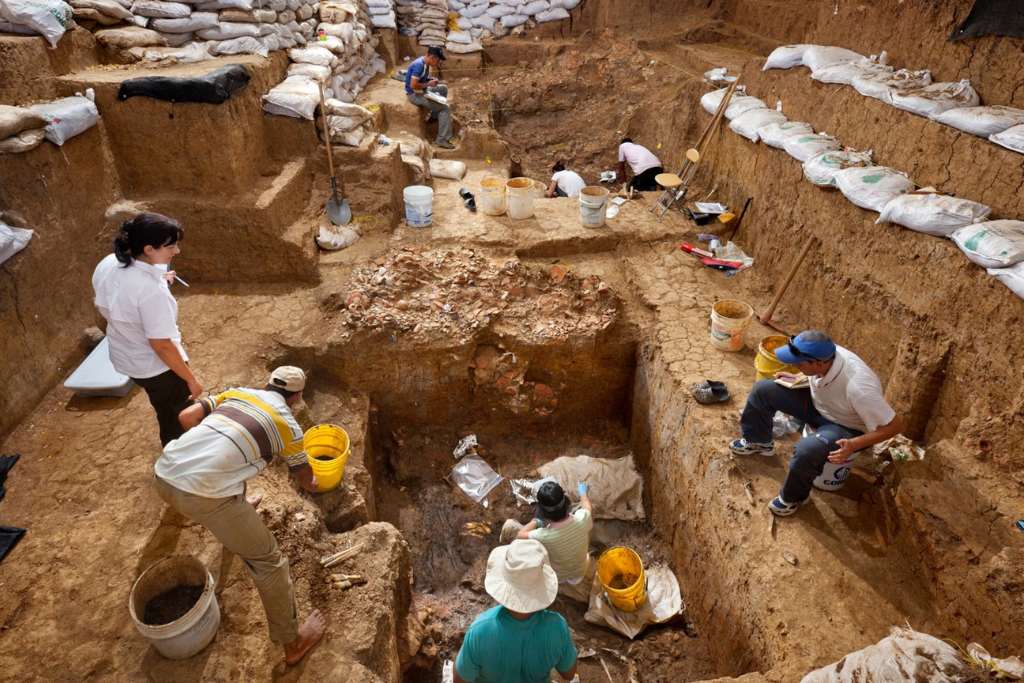
Pompeii stands out as one of the most remarkable archaeological finds of recent years. This ancient city was submerged under volcanic debris after an eruption in 79 AD and not discovered again until the 16th century; Pompeii excavation began shortly thereafter and has provided invaluable insights into life in Roman Empire society.
Pompeii provides us with an unprecedented glimpse of everyday life during Roman rule. We can see their homes, food, clothing, and leisure time activities. All this information helps us gain greater insight into not only Pompeii but also Roman history overall.
The Dead Sea Scrolls have made an enormous contribution to our understanding of social and cultural history since their discovery near the Dead Sea in 1947; these ancient scrolls date back approximately 200 BC.
Archaeology Has Had Past and Current Impact
Estimates suggest there may be over one million archaeological sites in the US alone, ranging from ancient civilization relics to more recently historic ones. Archaeological discoveries have had an immense influence on our culture and society; helping us gain greater insights into our past while even leading to innovations and industries emerging today.
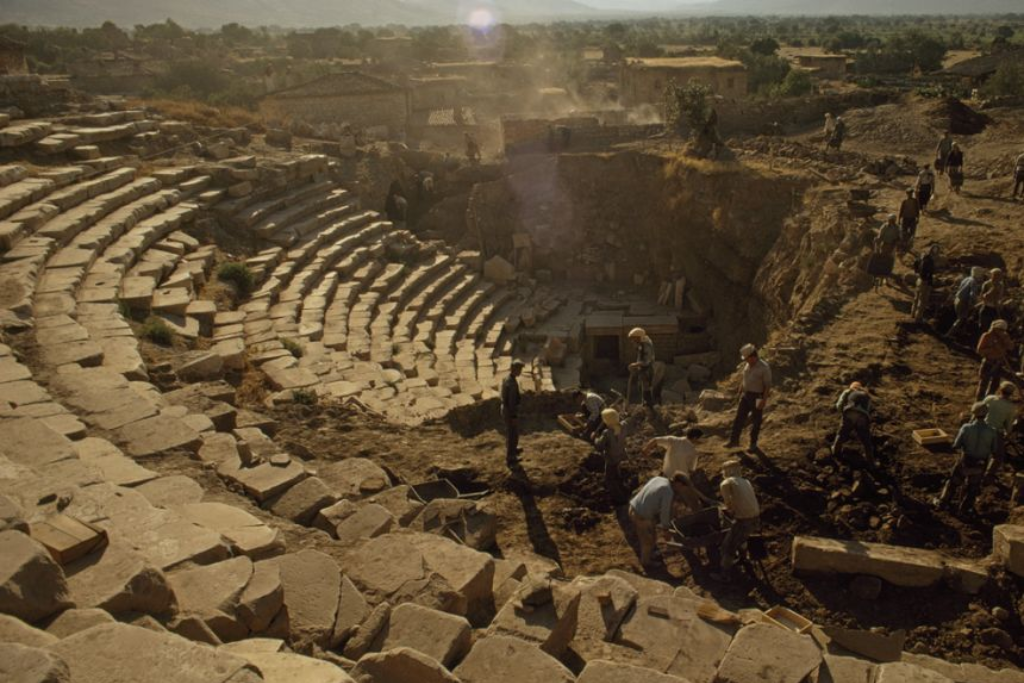
Attractions among archaeological discoveries that are widely acclaimed include Tutankhamen’s tomb, the Rosetta Stone and the Terracotta Army are legendary archaeological finds that have shed light on some of the more mysterious aspects of ancient civilizations and given us greater insights into how they functioned – leading us even closer to understanding how our own culture began.
Archaeological discoveries can have immediate impacts on society. For instance, discovering previously unidentified species may help inform conservation efforts; discovering new diseases can inform better treatments and prevention methods; while sometimes archeological finds can even help us solve crimes or locate missing persons.
Archaeological discoveries play a vital role in shaping culture and society. They allow us to better understand where we come from and who we are today, while at the same time providing crucial knowledge of how we can protect the environment while improving health and wellbeing.
Archaeology’s Future
One of the primary draws to archaeology is its evidence-gathering capabilities; archaeology provides us with evidence about our past that helps us learn about ourselves as people and culture; This allows us to make better-informed decisions regarding both present and future decisions.
Archaeology plays an integral part in protecting our heritage. Many archaeological sites are threatened by development and other factors. If these sites aren’t properly preserved, they could be lost forever; by conducting archaeological research at these sites we can learn their history and significance before they disappear completely.
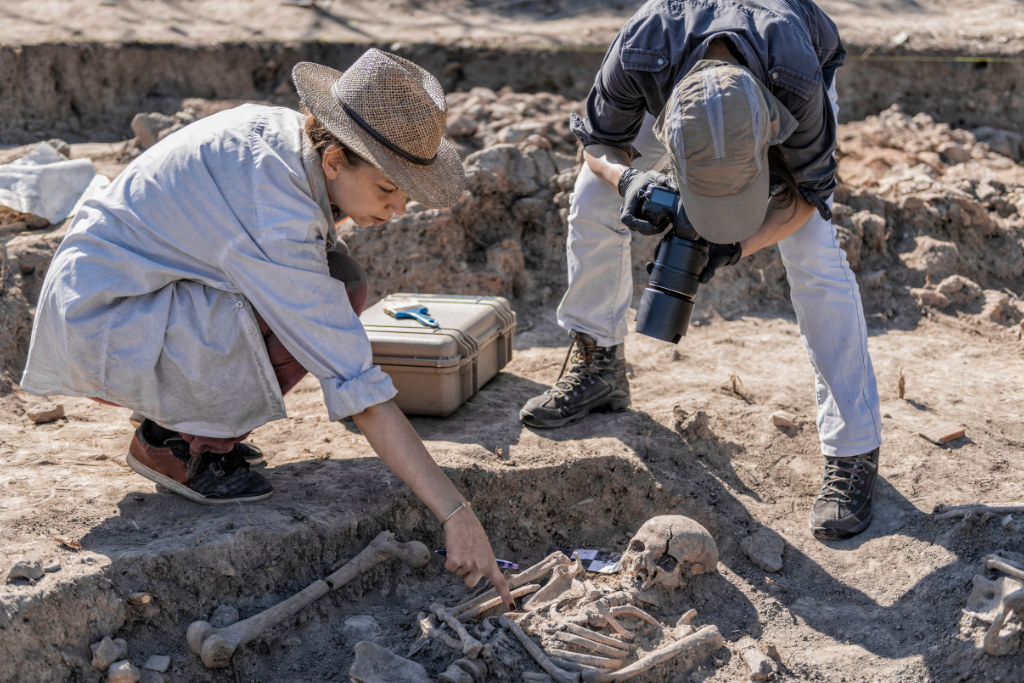
Archaeology fills us with wonder about our past. With each discovery, archaeologists uncover previously uncharted aspects of history that amaze and excite us. Its fascination keeps people fascinated with archaeology while maintaining its importance within culture and society.
Archaeological discoveries are indispensable tools in comprehending and appreciating our past. Archaeological finds provide us with greater insights into the lives, cultures, and societies of those who lived before us while simultaneously adding depth to history through tangible evidence about how humans lived hundreds or even thousands of years ago. Archaeology has had an extraordinary effect on culture and society thanks to its many exciting finds throughout time. Do you have an interest in travel? If yes you should check out our latest information on 7 MOST EXCLUSIVE TRAVEL DESTINATIONS.
